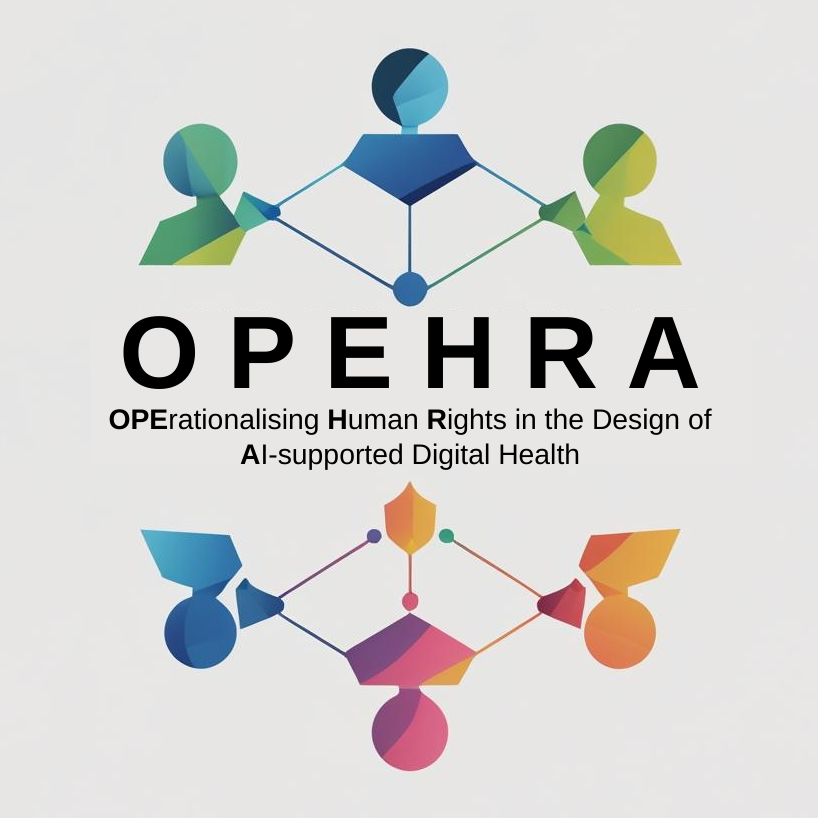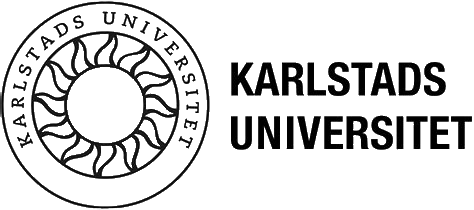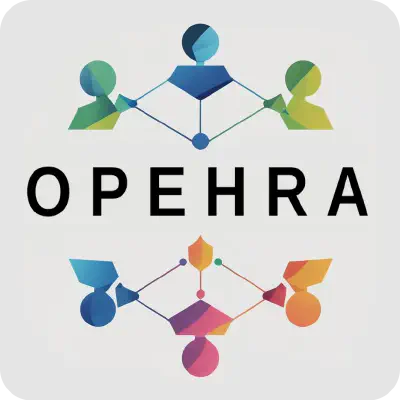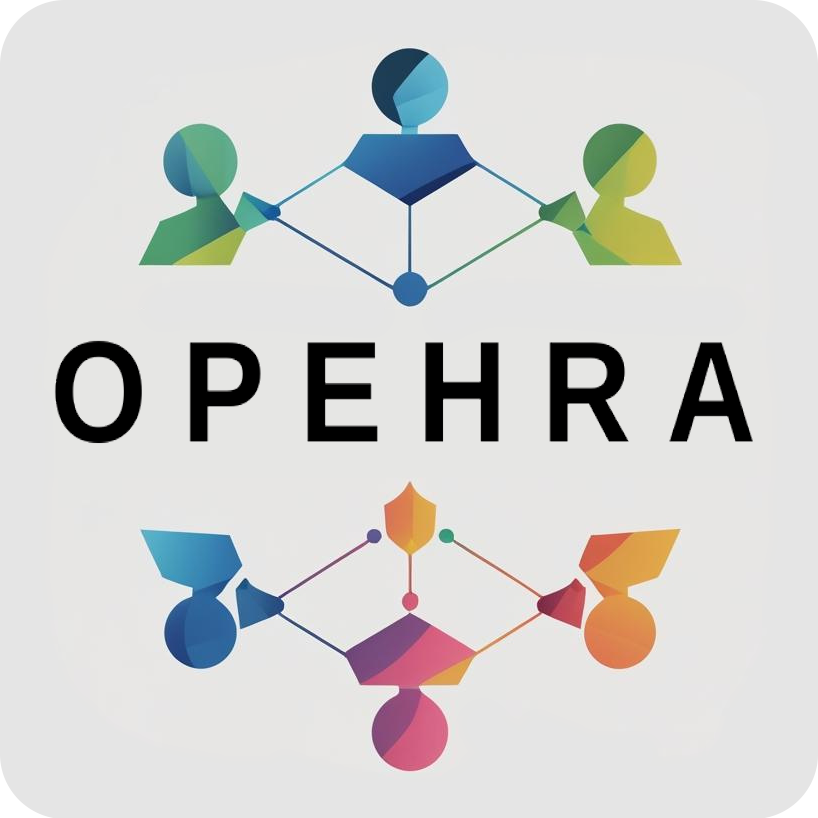OPEHRA
Towards operationalising human rights in the design of AI systems in digital health and social care
The OPEHRA project aims to investigate engineering strategies to help organisations and software professionals operationalise human rights in software design by adapting and refining methodologies. For that, we co-produce knwoledge and solutions with highly innovative business partners, Mavatar, Visiba, inTechrity, and Pfizer. Our research also collaborates with the Swedish Association of Local Authorities and Regions (SALAR) as a key partner from the public sector.


Our goals
Goal 1 - Landscape Mapping of Human Rights Engineering Approaches for AI in Digital Health - As part of the initial steps of the project, we plan to systematically map the existing approaches for integrating human rights as part of the design of AI-based digital health solutions.
Goal 2 - Operationalising HRIAs in the Design Process - This activity will apply Human Rights Impact Assessments (HRIAs) to the key case studies provided by the industry partners.
Goal 3 - Co-Producing Training and Awareness Programmes with Industry - AI literacy has become a legal obligation (Article 4 of the EU AI Act). Thus, complementing HRIAs, we envisage that other methods and techniques can be employed (e.g., human rights threat modelling, gamified card-based tools for human values and responsible AI).
Funded by KKS Hög programme
OPEHRA project is funded by the Swedish Knowledge Foundation (KK-stiftelsen) through the Hög programme 2024. The project started in July 2025 and runs until June 2028.
For the Hög call in 2024, the projects that receive funding have applied in open competition and have been reviewed by both international researchers and an external expert panel.
Out of a total of 44 applications received, these ten were judged to have the greatest potential to contribute to both the research front and development in the business sector.





Work done in co-production with business partners and public sector
OPEHRA strives to contribute to Swedish competitiveness, leveraging academia and business actors to conduct research together on questions that can advance the research frontier and answer a need within business.
This type of co-production research project creates the conditions for research results to be useful outside of an academic context, contributing to innovation, development and renewal at both higher education institutions and participating business actors.
The key business partners involved in the OPEHRA project are: Mavatar, Pfizer, and inTechrity.
Hot off the press
Check out some of our latest blog posts and news published in the project's website.

Visiba Group is joining the OPEHRA project.

OPEHRA

Two projects starting this summer on trustworthy and responsible AI.

OPEHRA

